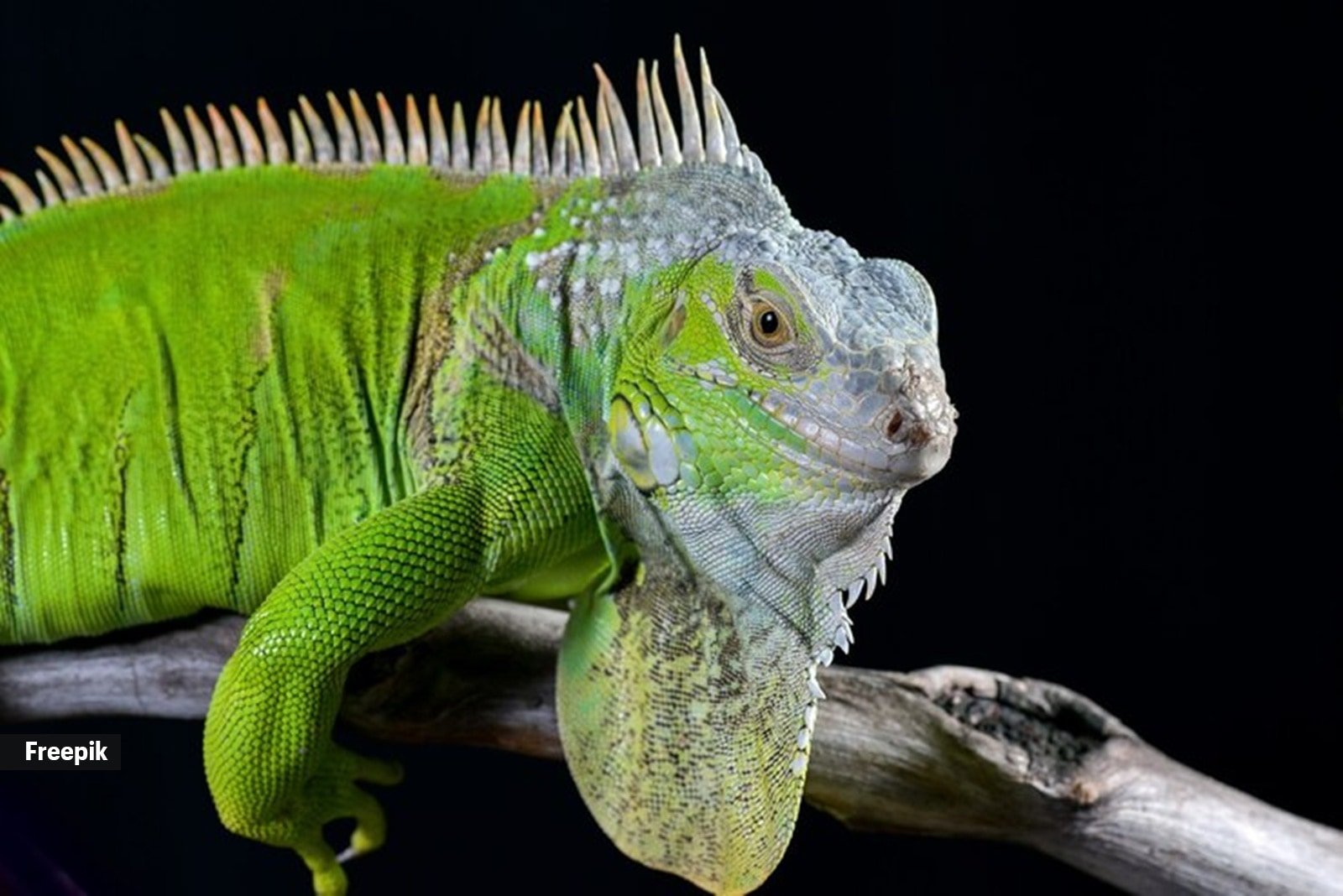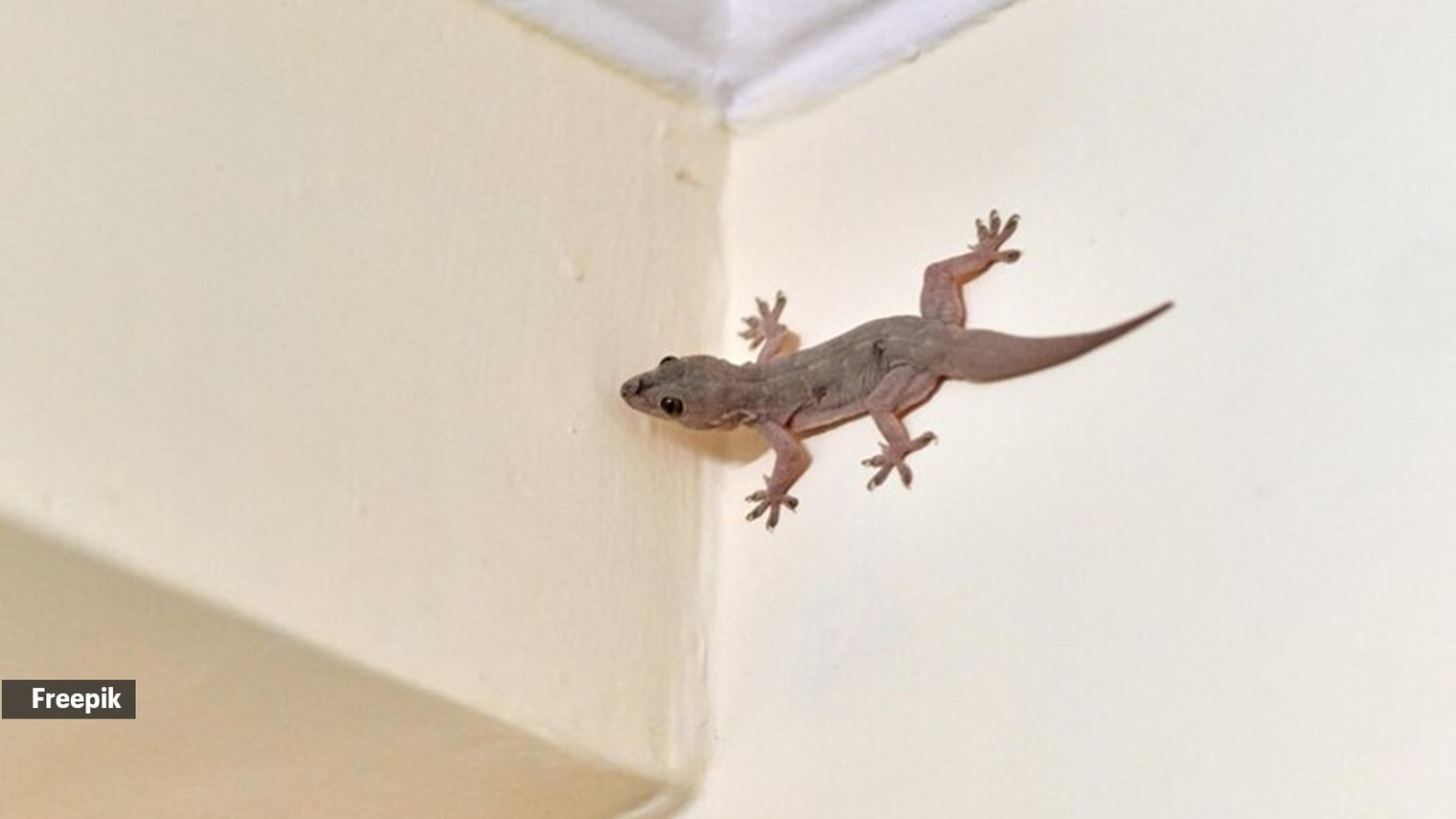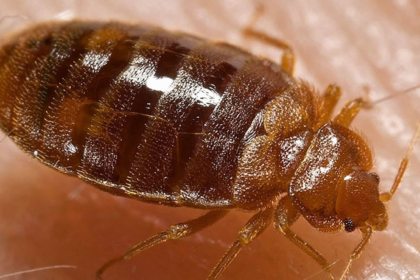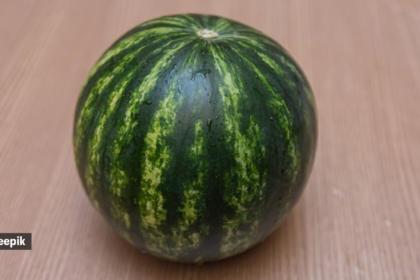Whether you spot one skittering across your wall or hiding behind a curtain, lizards tend to evoke strong reactions — mostly a mix of fear, surprise, and mild revulsion.
While these reptiles play an important role in our ecosystems by keeping insect populations in check, they can also be downright unsettling, especially when you learn what they’re really capable of.
If you thought their darting tongues and sudden tail drops were the extent of their weirdness, think again. Here are five downright disgusting facts about lizards that might make your skin crawl:
Some lizards eat their own skin
Yes, you read that right. After shedding, many lizards consume their sloughed-off skin. It might sound gross, but this helps them recycle nutrients and avoid leaving a trace for any predators.
They defecate and urinate through the same opening
Like birds, lizards use a single opening called a cloaca to eliminate both solid and liquid waste. These reptiles also use this opening for reproduction. And often, you may have noticed that their droppings include a white, chalky blob called uric acid, which is their version of pee.
 While it’s not a common behaviour, some lizard species, including iguanas and monitor lizards, are known to cannibalise their young (Source: Freepik)
While it’s not a common behaviour, some lizard species, including iguanas and monitor lizards, are known to cannibalise their young (Source: Freepik)
Their tails keep moving after detachment
Even after separating from a lizard’s body, its tail will wriggle and twitch on the ground for several minutes. This is a defense mechanism, also called autotomy, that helps the lizard escape from predators.
They sometimes eat their babies
Yes, while it’s not a common behaviour, some lizard species, including iguanas and monitor lizards, are known to cannibalise their young if food is scarce, they feel a threat, or are significantly stressed.
Story continues below this ad
Lizards smell with their tongues
Lizards flick their tongues in and out not just to catch prey but also to smell their environment. Licking the air and tasting particles, including poop or carcasses, may not be gross to them, but it sure is to us.














